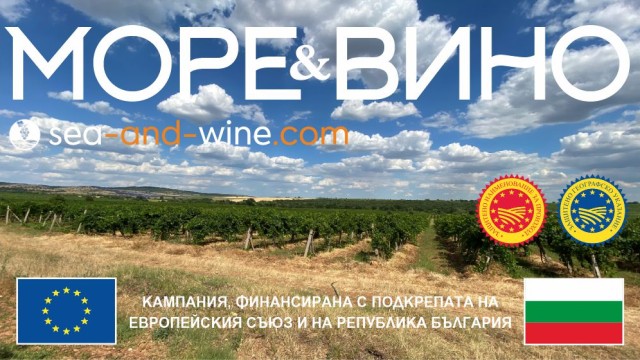REVIEW OF THE EU GEOGRAPHICAL INDICATIONS (GI) SYSTEM FOR WINES AND SPIRITS
In May 2022, in her designation letter, Commission President Mrs Von der Leyen tasked Commissioner Wojciechowski to “look for ways to strengthen the GI system. This is a key element in maintaining high quality and standards, ensuring the preservation and certification of our cultural, culinary and local heritage as authentic worldwide." The initiative aims to strengthen the current system of geographical indications (GIs) as intellectual property rights in line with the Intellectual Property Action Plan and effectively protect traditional wine names. It contributes to the achievement of the objectives pursued by the Common Agricultural Policy (CAP), in particular to improve the response of the Union's agriculture to public demands in terms of wine and health, and is thus in line with the European Green Deal . In 2020, a study was carried out to support the assessment of geographical indications and wines with a traditionally specific character. A Commission staff working document on the evaluation was published in December 2021. Six issues were identified as follows:
For manufacturers:
1) Challenges and gaps in the implementation of GO: control weaknesses (especially at the downstream stages of the value chain) and difficulties in implementing the rights of producers outside the Member State of production and on the Internet;
2) Imbalances in the supply chain: producer groups of products with GO do not have a strong position in the supply chain to continue to provide a fair return for their product;
For users:
3) Contribution to achieving sustainability, which is not sufficiently represented in GO schemes;
4) Low level of awareness and understanding of GO logos by users, which makes the schemes less effective in providing clear information to users;
On the regulatory framework:
5) Complex rules and procedures related to GO: the rules on GO schemes are covered in 4 main acts with slightly different legal terminology, which further increases the complexity of the system;
Enforcement, the management of name registration applications, the functioning of groups of producers of products with GO and information on GO schemes are further complicated by the fact that the rules and procedures are set out in four sector-specific EU regulations and differ due to historical reasons or features of the products. The call for more sustainable food systems is guiding the integration of sustainability criteria into GO schemes. The lack of a clear definition of producer groups of products with GO, combined with the challenge of bringing producers together in an active organization, hinders the effective management of their assets in GO. Lack of information and publicity has been identified as the main reason for the low level of recognition and understanding of the schemes.
In order to find an adequate solution to the above-mentioned problems, legal amendments are necessary. Without action at EU level, the above problems will continue to exist and some will even get worse. GI schemes fulfill the Union's obligations under the Trade-Related Aspects of Intellectual Property Rights (TRIPS) of the World Trade Organization (WTO) to provide legal means of protecting geographical indications to all WTO members in the EU. The Union is also responsible for ensuring the protection of intellectual property rights under the EU Charter of Fundamental Rights. GOs add value to products, thereby increasing revenue in the sector. The most affected stakeholders are the producers of products with GO and producer groups, consumers as well as national and Union level authorities.
The "Sea and Wine" project aims to raise awareness about the benefits of PDO and PGI registration, thereby increasing the competitiveness of wines from the Black Sea region.
Source: https://eur-lex.europa.eu/legal-content/BG/ALL/?uri=CELEX%3A52022SC0136

